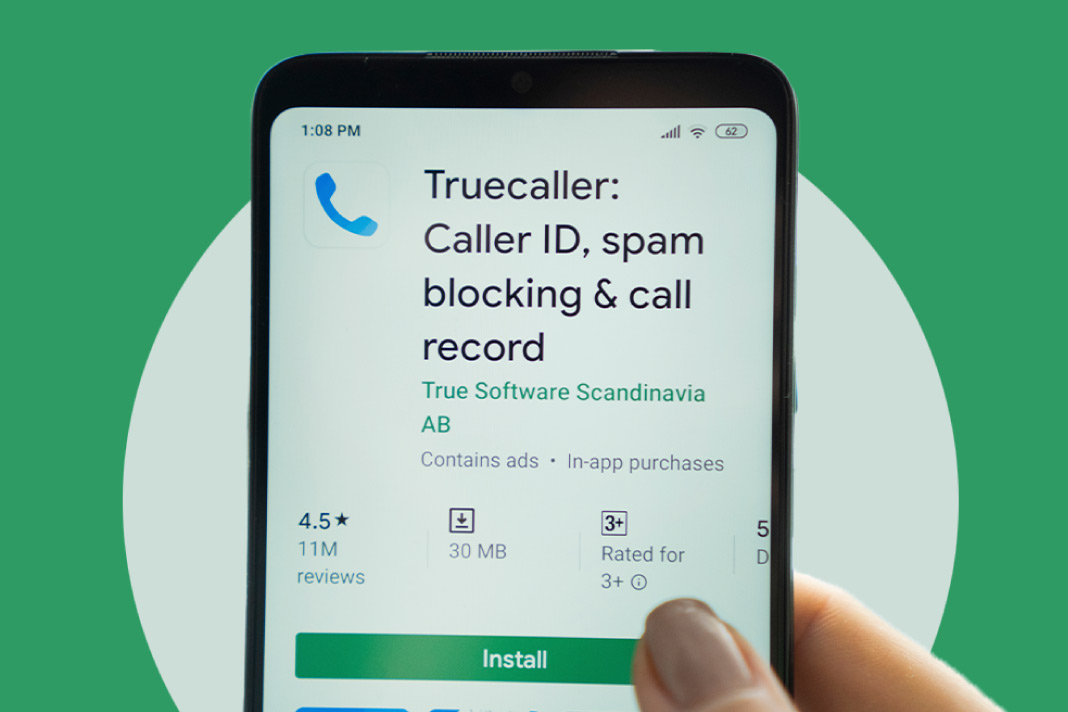Truecaller introduces a new feature where users can leverage AI to answer calls with a digital copy of their voice, in partnership with Microsoft’s Personal Voice technology. This beta feature is rolling out to select markets first.
AI has already started replacing voice agents’ jobs. Now, companies are exploring replacing computer-generated voice models with synthetic versions of human voices. Truecaller, the widely known caller ID service, is the latest to take this approach, announcing that it will now allow customers to use its AI-powered Assistant to answer phone calls in their own voice.
The new experience comes via a partnership with Microsoft, allowing the Swedish company to use the Redmond giant’s Personal Voice technology, introduced in November as part of Azure AI Speech.
Microsoft’s Personal Voice allows Truecaller’s Assistant, available to paid users, to replicate users’ voices to greet and respond to callers. This is in addition to the preset system-generated voice options available to users through the digital assistance feature, which helps answer phone calls for you, screen unknown calls, take messages, respond on your behalf, or even record the call.
Truecaller users need to record a script of a few seconds in their own voice after giving their consent to create a digital copy. This allows the assistant to start answering calls using the digital version of your voice.
Typically, Truecaller’s Assistant provides an option to edit the introductory greeting template for callers. However, Truecaller confirmed to TechCrunch that it has restricted the greeting template if you use your voice instead of a system-generated one. This is designed to clarify that callers hear a “digital” version of the user’s voice.
Nonetheless, the follow-up responses can be customized based on user preferences. Azure AI Speech’s personal voice feature, available in limited registration-only access, also adds watermarks to the speech outputs it creates to let a detector tool identify synthetic audio.
Also Read: Explained: Artificial Intelligence (AI)
“We firmly believe that the personal voice feature will revolutionize how our users manage their calls and elevate their overall experience with Truecaller Assistant. We look forward to further exploring the potential of AI-powered voice technologies in partnership with Microsoft and delivering even more innovative solutions to our global user base,” said Raphael Mimoun, product director and general manager of Truecaller Israel, in a statement.



